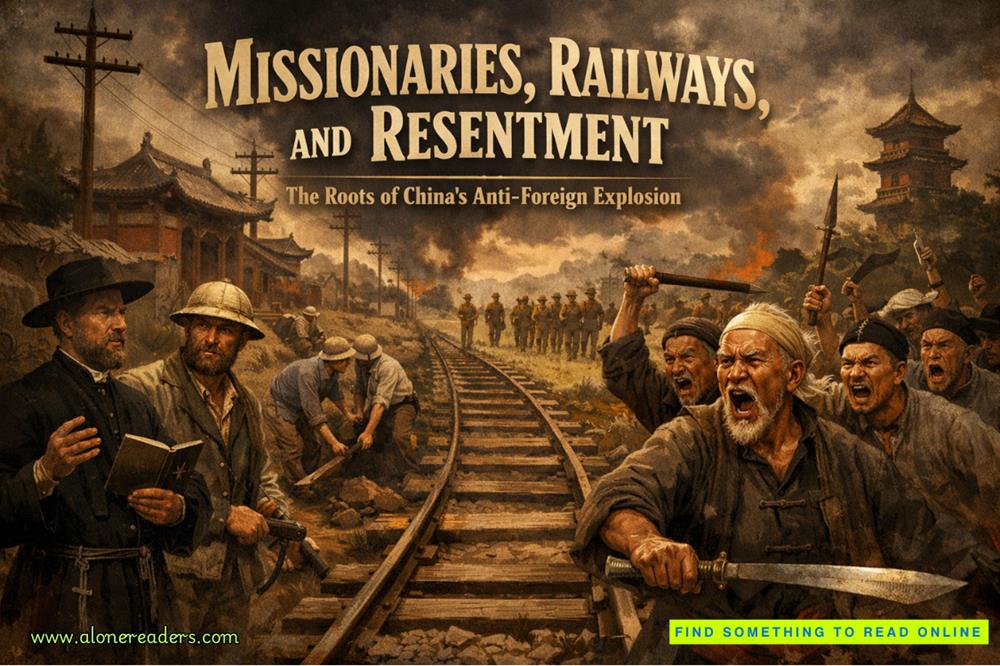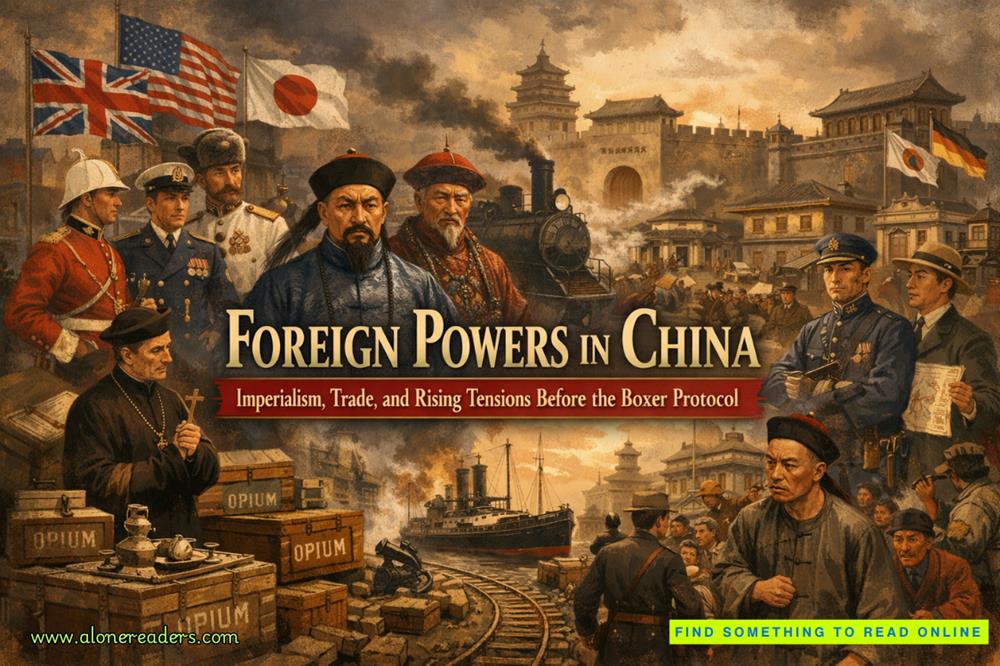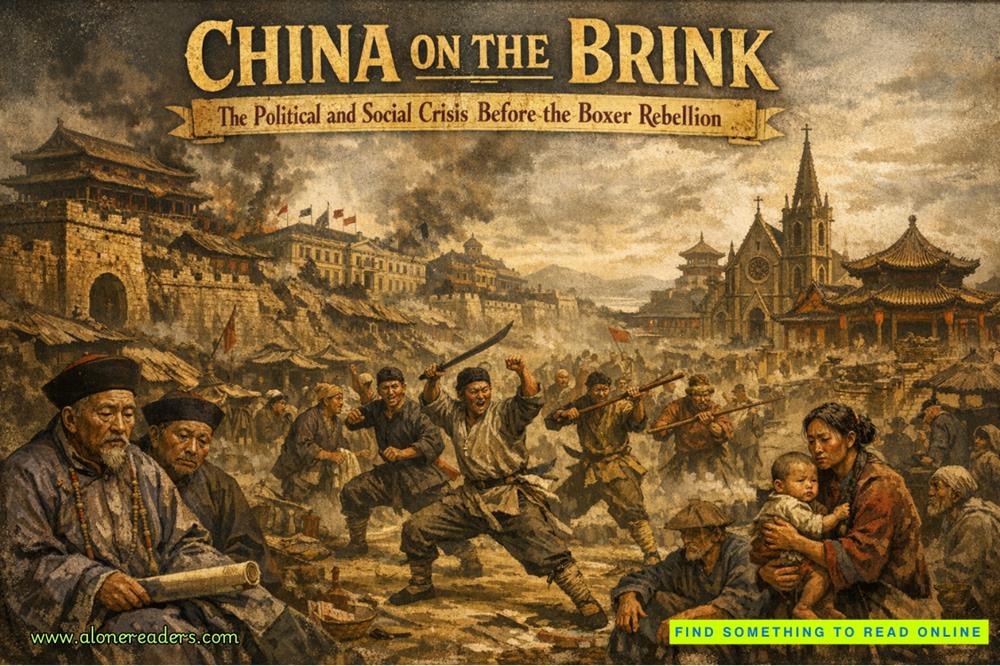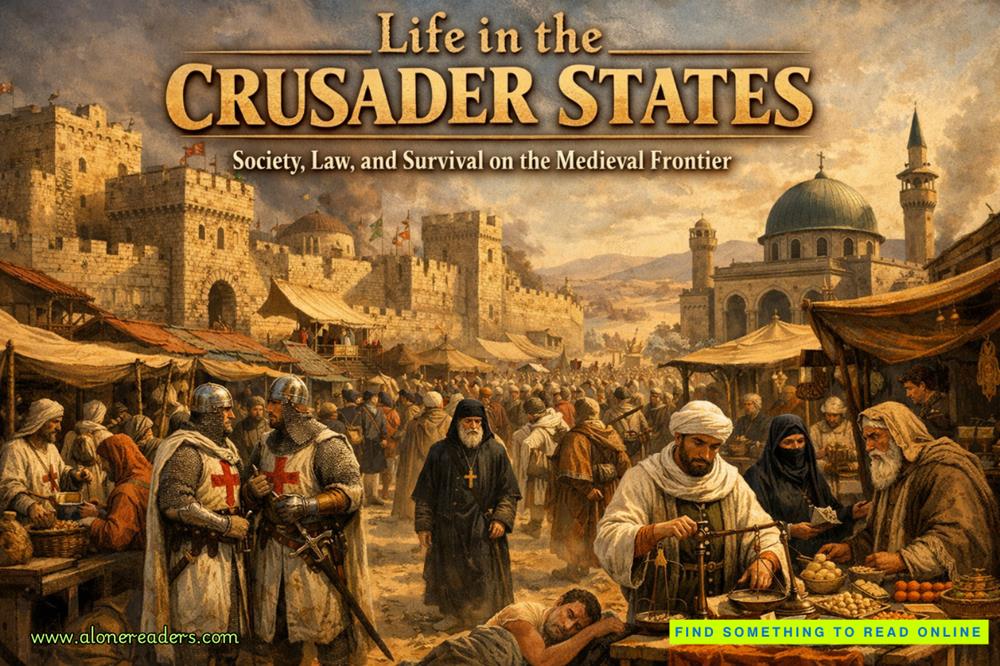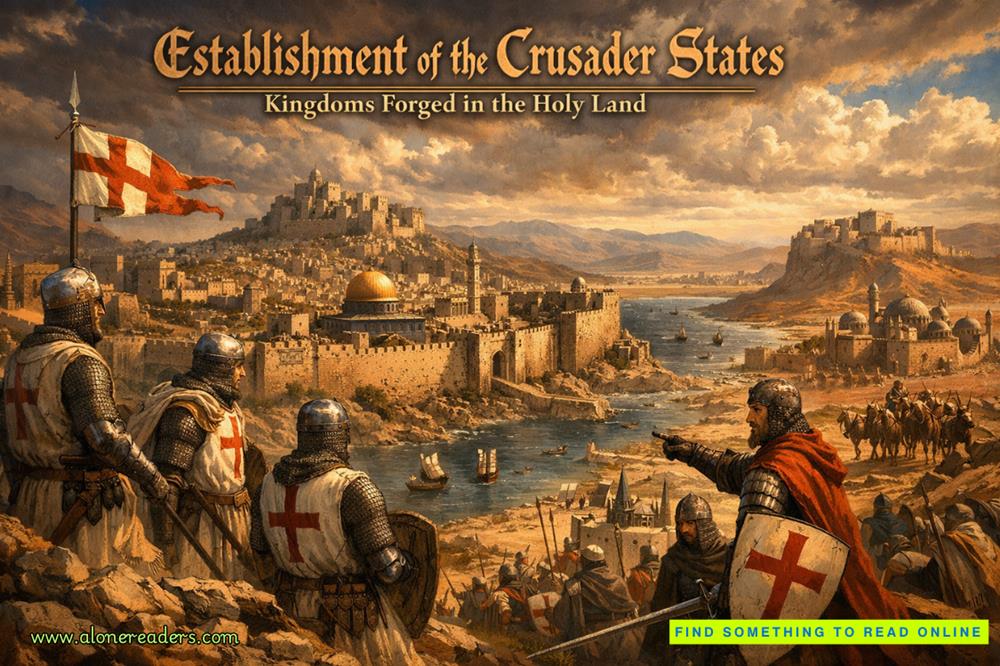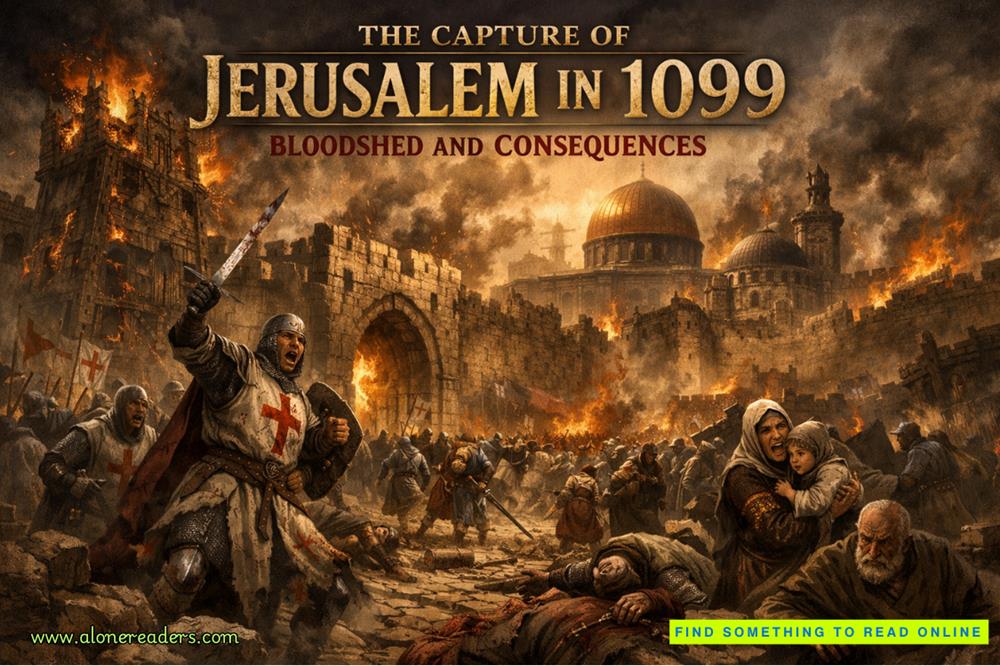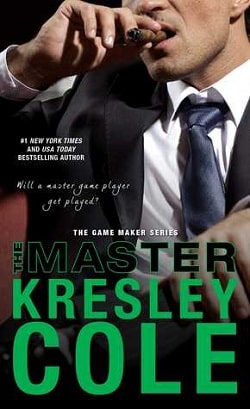The man cocked one brow, and a flicker of a smile appeared and vanished as quickly as I could blink. “Of course, you are.My mistake,” he said in horribly accented German. “I am Matvey Antonov. I will be your . . . guide.”
Thomas smiled. “We appreciate any assistance you might offer.”
“You are here to findart,yes?” Antonov said, drawing out the word as though it were an unpleasant taste. “The great cultural treasures stolen by the fascists. How noble of you.”
He stubbed out his cigarette with unnecessary force in an ashtray already overflowing. “While you concern yourselves with paintings and statues,mypeople are still digging bodies out of snow; still, I am told this mission is important.”
The way he said it,importantsounded anything but.
I kept my expression neutral, though the tightness in my chest betrayed my irritation. “We are here to recover what was stolen and return it to rightful owners,” I said, keeping my tone even. “Including pieces taken from Jewish families who lost everything during the war, as many of your people did. We are deeply saddened by so many deaths. Your people sacrificed much.”
I hoped paying a small tribute to the millions of this man’s countrymen who gave their lives might soften him up. I was immediately reminded that some men had no soft side.
Antonov tilted his head. “And what justice for them, hm? A few paintings returned to empty homes. How generous.” He leaned forward, resting his elbows on the desk. “I suppose it is easier to focus on such things when the war never reachedyoursoil. Whenyoudid not bury millions of your own people.”
I felt Thomas shift beside me, his knee brushing against mine in a silent warning. It grounded me, kept me from rising to Antonov’s bait.
“Forgive me.” Antonov waved a hand in the air. “You are German, not American. I forget myself. The war most clearly reached your borders.”
“We are not here to debate suffering,ComradeCaptainAntonov.” I met his gaze. His title was a deliberate choice—a subtle reminder that I knew more than I let on and was aware of his rank within the MGB, that he wasn’t the only one who saw through smoke screens. “Our job is to do what we can to set things right.”
Antonov’s smile widened without reaching his eyes. “Setting things right is a luxury afforded to those who were not bled dry.” He leaned back again and lit another cigarette. “But you will find no resistance from me. You have the full cooperation of the Soviet state.”
The wordcooperationfelt more like a challenge, and I couldn’t miss the way his eyes narrowed as he said it.
“Good,” Thomas said. “Then I trust we can start immediately?”
Antonov took a long drag from his cigarette, turning his head away from us and exhaling the smoke in a slow, deliberate stream. “Of course, but you will understand, gentlemen, that I must accompany you. For your safety, naturally.”
Thomas spoke again, his voice calm but edged with steel. “We appreciate your . . . protection, Captain Antonov.”
For a moment, Antonov’s mask slipped. His eyes flickered with something darker: resentment, perhaps, or curiosity. Whatever it was vanished as quickly as it had appeared, replaced by practiced indifference.
“Very well,” he said, stubbing out his freshly lit cigarette. “Let us begin this noble endeavor of yours. While we search for your precious art, perhaps you will see the scars left behind by your people.” He pretended to catch himself. “Forgive me again. You are German, very muchnotAmerican. My memory can be so short at times.”
He stood, gesturing toward the door with an exaggerated sweep of his arm. “After you, comrades.”
It was impossible to miss the mocking tone in his voice or the way his gaze lingered on us as we stood. His eyes were sharp and watchful, like a predator waiting for a misstep.
Antonov rounded his desk. “We will start by getting you settled into your accommodations. A room in the Hotel Leninplatz has been reserved for you. It is a short drive. Come.”
16
Thomas
Will dropped his suitcase and flopped onto the bed, his head falling just short of the pillows. Our hotel room was simple, decorated in floral patterns that reminded me of a grandmother’s grandmother. The place smelled like an old woman, too. Thick curtains, woven with bright, almost gaudy flowers, covered a window that looked onto the street.
Aside from a nightstand, there was no other furniture besides a large trunk at the foot of the bed. I started to make a joke about Uncle Joe furnishing our room, but Will spoke first.
“Oh shit, this mattress is harder than a sidewalk. You’re never going to—”
“Stopp!” I snapped. “Nur Deutsch.”(Only German.)
Will’s lapse into English was startling.
He knew better.
In all the time we’d spent in France, Switzerland, and Germany, he’d never slipped. Not once. We’d only begun our time in the Soviet sector, and already he’d lowered his guard.Relaxing wasn’t stupid. For those in our profession, it could prove deadly.




